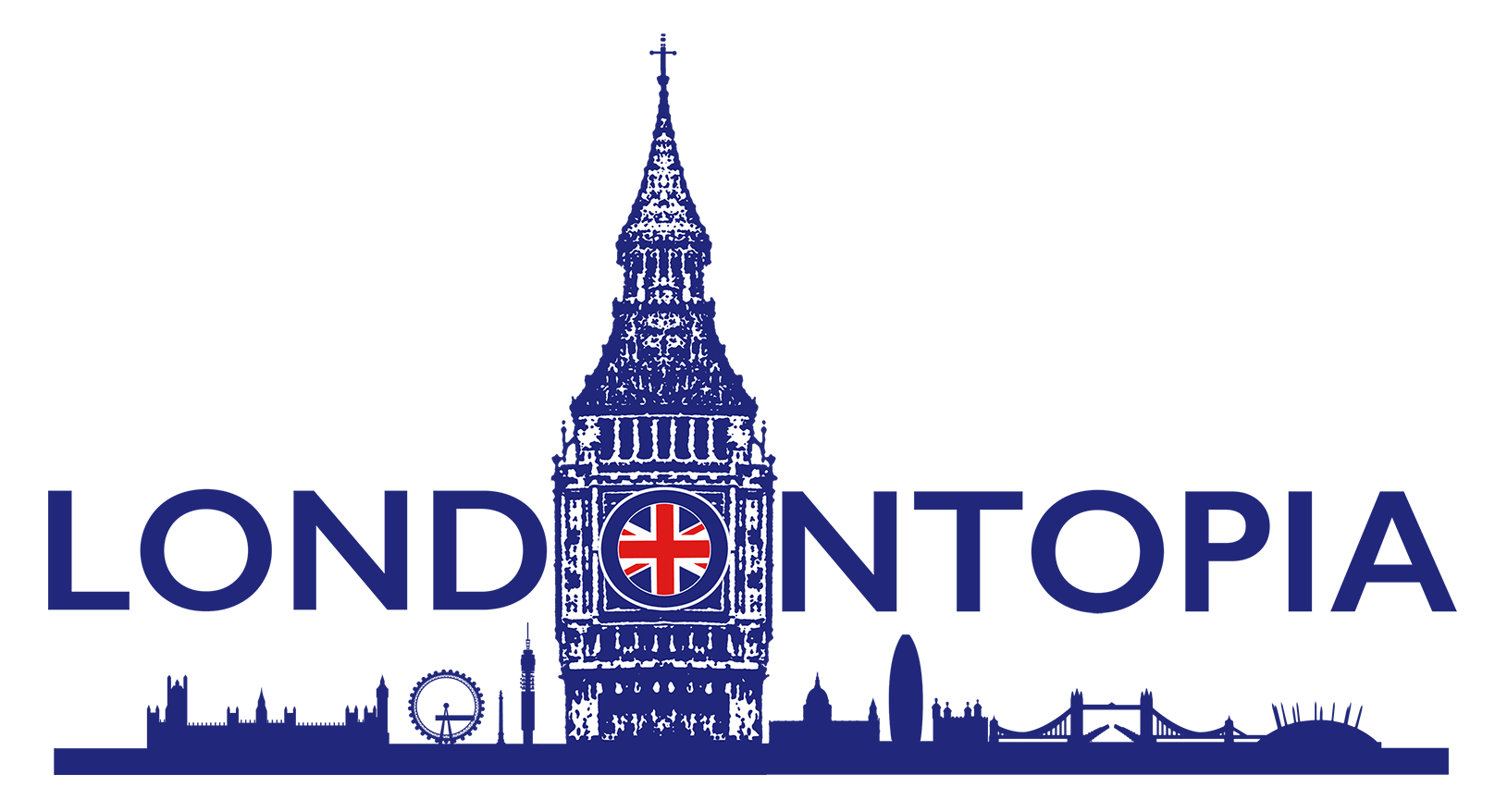William Blake was a renowned poet, painter, and printmaker who lived in London during the late 18th and early 19th centuries. He is often regarded as one of the most significant figures in English Romanticism, and his works continue to be celebrated for their revolutionary spirit, imaginative power, and visionary insights. His most famous work is probably the poem Jerusalem, which has become one of England’s most popular hymns.
Blake was born in 1757 in Soho, London, and spent most of his life in the city, where he drew inspiration from its bustling streets, diverse communities, and rich cultural heritage. As a child, he attended the local parish school and showed an early aptitude for drawing and writing. His parents, who were of humble origins, encouraged his artistic talents and sent him to study at the Royal Academy of Arts when he was fourteen.
Despite his formal training, Blake was a rebel at heart, and he soon developed a distinct style that challenged the conventions of his time. He rejected the neoclassical ideals of beauty and order that dominated the art world and instead embraced a more visionary and mystical approach to creativity. He also rejected the established Church of England and developed his own mystical beliefs that blended Christianity, mythology, and spiritualism.
Blake’s artistic career took off in the 1780s when he began to produce a series of illuminated books that combined his poetry and art in a unique form. These books, which included “Songs of Innocence and of Experience,” “The Marriage of Heaven and Hell,” and “The Book of Urizen,” were printed and hand-colored by Blake himself and featured his signature style of bold outlines, vibrant colors, and intricate designs.

In addition to his literary and artistic pursuits, Blake was also involved in the political and social issues of his time. He was a supporter of the French Revolution and the American Revolution, and he advocated for the rights of women, children, and the working class. He also had a deep interest in the occult and mystical traditions, which he explored through his writings and art.
Throughout his life, Blake remained deeply connected to London and its people. He lived in various neighborhoods throughout the city, including Lambeth, Soho, and Felpham, and he drew inspiration from the people he met, the places he visited, and the events he witnessed. His works often depicted the gritty realities of urban life, as well as the spiritual and mystical dimensions of the city.
And did those feet in ancient time,
Walk upon Englands mountains green:
And was the holy Lamb of God,
On Englands pleasant pastures seen!And did the Countenance Divine,
Shine forth upon our clouded hills?
And was Jerusalem builded here,
Among these dark Satanic Mills?Bring me my Bow of burning gold:
Bring me my Arrows of desire:
Bring me my Spear: O clouds unfold:
Bring me my Chariot of fire!I will not cease from Mental Fight,
Nor shall my Sword sleep in my hand:
Till we have built Jerusalem,
In Englands green & pleasant Land.
One of Blake’s most famous works, “Jerusalem,” is a hymn to the city of London, which he saw as a symbol of both its material and spiritual potential. The poem celebrates the city’s history, its people, and its landscape and expresses Blake’s belief that London could be transformed into a new Jerusalem, a place of peace, justice, and harmony.
Here is it set to music by Sir Hubert Parry:
William Blake was a complex and visionary artist whose connections to London were central to his life and work. He drew inspiration from the city’s diversity, energy, and history and used his art and writing to express his deepest beliefs and passions. His Hymn for England is probably his most remembered work, and is regularly sung in England every day.




